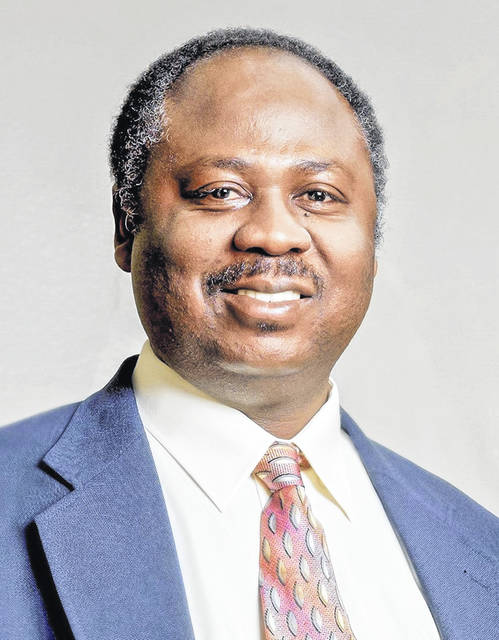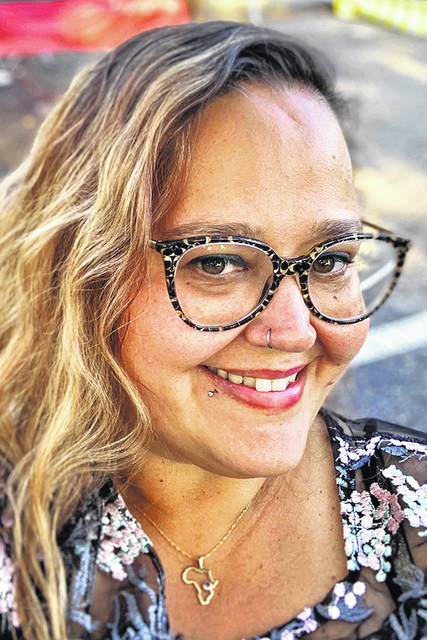

A virtual panel discussion on Monday looked at how minorities were being impacted by “Inequality and the Coronavirus Pandemic.”
“The governor of New York (Andrew Cuomo) said at the outset when it comes to COVID-19, it is a great equalizer, meaning it impacts everyone the same,” said Randy Quaye, black world studies professor at Ohio Wesleyan University. However, as time has gone on, Quaye said studies have shown that Hispanics and blacks are actually affected in a disproportionate percentage of cases. He said that people in low-paying jobs, living multi-generational homes, or are reliant on public transportation tend to be more vulnerable to the infectious disease.
“There are a lot of issues that need to be addressed,” Quaye said. “There needs to be an emphasis on mass tests. We’re still not testing enough.”
Quaye said we need to have more of a safety net, with employees being paid more, and improved education, access to health care, and less food insecurity.
“I’m optimistic given that we have the ability to talk about this,” Quaye said. “I appreciate the students buying food and medicine for those who are vulnerable.”
“When the suggestion was made to fabricate your own masks, black people were being disproportionately impacted by COVID healthwise,” said Dawn Chisebe, Ohio Wesleyan black world studies professor. She quoted a comment: “‘You want me to walk into a store with a mask made from a bandana and I’m a black man?’ For him that fear is more than what’s happening with the virus. How do you navigate those things?”
Chisebe provided data that police are targeting people of color to enforce social distancing laws in rural and urban communities. Her other concerns included people remaining in the prison system during the pandemic despite their sentence being nearly finished. Another concern was that too many essential workers are unable to work from home or commute from a rural home to an urban workplace.
“All these things existed before, but are being exposed now,” Chisebe said. “A lot of people are talking about this on social media, and that gives me hope that we can correct some of this.”
She was also pleased that many local people are dropping off fresh food in blessing boxes and are also listening to what people are going through and learning about disparities between minority groups.
Native Americans have a different perspective on COVID-19, said OWU English professor Karen Poremski. She quoted the author Louise Erdrich: “When people say, ‘this has never happened in our country before,’ I want to say, ‘yes it has.’ Indigenous people suffered wave after wave of European-borne epidemic diseases, which killed nine of every 10 people. The trauma continued through the Flu of 1918 and the scourge of tuberculosis. When treaties were made it was thought that Native people were going to vanish, but no. We are still here.”
Poremski said the novels “Tracks” and “The Birchbark House” (both by Erdrich), and “Waterlily” by Ella Deloria, looks at how illness and death can have an impact on a relative and a nation. “That person means something to somebody. The literature helps us to see how people get through, and who I am as a relative to each other. There’s a lesson about adaptation in past pandemics in tribal nations. You have to go on even with people missing from your village and deal with grief in order to go on.”
Poremski said the United States has to fulfill its treaty obligations and care for indigenous peoples.
“I am concerned about the push to open back up and deny the problem,” she said. “Putting someone else in danger concerns me a lot. Disaster unveils the way things actually work. This pandemic is doing just that. The veil has been lifted, now it’s up to us to insist that people in power do something about it. Don’t look away. It’s a moment where we we could have some reckoning on the power structure. Be in touch with your representative even if you don’t think they’ll be sympathetic. See who’s on the ballot.”
Poremski cited the term survivance, a contraction of the words survival and resistance.
“You do what you have to do in order to get by but still resist. You insist on your ways, culture, language, worldview, ceremony, and resisting oppression. I see that in all sorts of native art.”
Monday’s virtual class began week four of a 10-week, free online course called “We’re in This Together: An Interdisciplinary Exploration of the Coronavirus Pandemic.” Taught by 24 OWU faculty members, the course is open to students and the public alike.
For more information about Ohio Wesleyan’s “We’re in This Together” course, visit www.owu.edu/COVIDclass.



